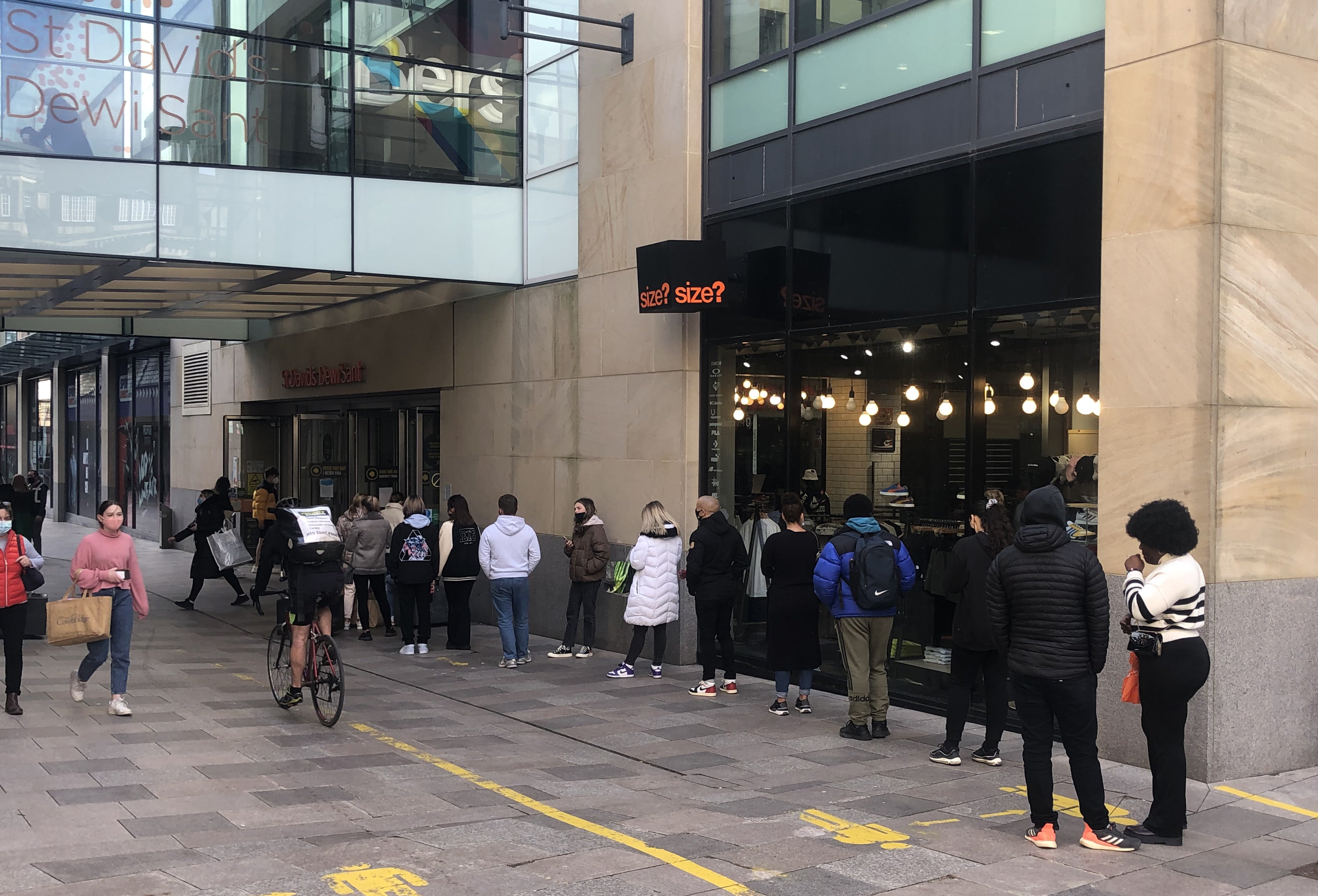Households’ expectations for finances turn positive for first time in five years
People aged 18 to 34 are particularly upbeat about their financial outlook, the index from Scottish Widows said.

Your support helps us to tell the story
From reproductive rights to climate change to Big Tech, The Independent is on the ground when the story is developing. Whether it's investigating the financials of Elon Musk's pro-Trump PAC or producing our latest documentary, 'The A Word', which shines a light on the American women fighting for reproductive rights, we know how important it is to parse out the facts from the messaging.
At such a critical moment in US history, we need reporters on the ground. Your donation allows us to keep sending journalists to speak to both sides of the story.
The Independent is trusted by Americans across the entire political spectrum. And unlike many other quality news outlets, we choose not to lock Americans out of our reporting and analysis with paywalls. We believe quality journalism should be available to everyone, paid for by those who can afford it.
Your support makes all the difference.Households are feeling optimistic overall that their finances will improve in the next 12 months, for the first time in five years, according to an index.
People aged 18 to 34 are particularly upbeat about their financial outlook, the index from Scottish Widows said.
An index score of 50.3 was produced when people were asked how they think their household’s financial situation will have changed 12 months from now.
Scores above 50 indicate an improvement – and it marks the first time since the first quarter of 2016, when the score was 50.4, that the measure has been in positive territory.
The score for 18- to 34-year-olds in the latest index was more positive than average, at 55.7.
The return to work for many staff has also eased some concerns regarding job security, with UK households at their least downbeat for two years, according to the report.
Jackie Leiper, pensions, stockbroking and distribution director, Scottish Widows said: “Overall, UK households are now more optimistic towards their finances over the next 12 months than at any time since quarter one 2016.”
The research found that most households (68%) expect to stay on track with their retirement plans despite the coronavirus pandemic, while 17% anticipate that they will delay retirement.
Where plans have been postponed, the most cited reason was financial uncertainty (41%).
Just over two-fifths (41%) of people have managed to build up additional savings since February 2020.
Two-thirds (67%) of households in the highest income bracket reported increased savings during the pandemic, compared with just 18% in the lowest income band, Scottish Widows said.
An overwhelming majority (87%) expect to retain at least some of their savings built up during the pandemic during the next 12 months, suggesting that many households are looking to use funds for longer term goals.
People aged 45 to 54 are the most likely to retain savings beyond the next year (91%).
Nearly one in 10 (9%) people also reported that they took out a life insurance policy after the start of the pandemic, while around 6% obtained coverage for mortgages, medical bills, income, and critical illness.
Some 4,500 adults aged 18 to 64 were surveyed between April and June.